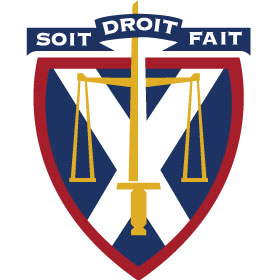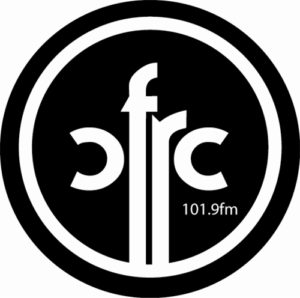The topic of the exchange of sexual services for consideration, more commonly referred to as prostitution, is quite controversial and often lends itself to strong opinions on both sides of the debate. However, the constitutionality of such work in Canada has developed rapidly, leaving many Canadians confused on its legality. A thorough answer to this seemingly simple question requires a journey with Bobbie Alvernaz through the development of the law on this issue; how Canada arrived at the laws on the books today, the claims in favour of the current laws, and how dignity and equality rights are ultimately central to these legal decisions.
In this episode, we discuss and break down this development with our esteemed guest, Professor Debra Haak. Professor Haak is currently an assistant professor at Queen’s law and has published several articles on the topic of the constitutionality of prostitution in Canada. Professor Haak’s research and publication focus specifically on how law and policy in Canada contend with the different interests of individuals and groups in a diverse society. Her work also explores how legal decision makers, including judges and policy makers, make difficult choices between and among these differing individuals and groups in a liberal and constitutional legal context.
Bobbie Alvernaz– Producer, Host, Editor
Music: https://www.bensound.com
Pro Bono Radio is part of the Queen’s chapter of Pro Bono Students Canada. The Pro Bono Radio team are not lawyers, and this is not legal advice.
Subscribe to this podcast on Apple Podcasts, Google Play, Spotify and Stitcher!
If possible, I would like to provide a list of publications of my host as follows:
Research of our guest, Professor Debra Haak (Peer-Reviewed):
“Revisiting the Analytical Distinction Between Section 7 and Section 1 of the Charter: Legislative Objectives, Policy Goals, and Public Interests” (forthcoming, Supreme Court Law Review)
“The Case of the Reasonable Hypothetical Sex Worker” (2022) 60:1 Alberta Law Review 205
“The Good Governance of Empirical Evidence about Prostitution, Sex Work, and Sex Trafficking in Constitutional Litigation” (2021) 46:2 Queen’s Law Journal 187
“Re(de)fining Prostitution and Sex Work: Conceptual Clarity for Legal Thinking” (2019) 40 Windsor Review of Legal & Social Issues 67
“The Initial Test of Constitutional Validity: Identifying the Legislative Objectives of Canada’s New Prostitution Laws” (2017) 50:3 UBC Law Review 657
Research Referred to in the Podcast:
The Good Governance of Empirical Evidence about Prostitution, Sex Work, and Sex Trafficking in Constitutional Litigation (2021) 46:2 Queen’s Law Journal 187 https://papers.ssrn.com/sol3/papers.cfm?abstract_id=3820090.
Re(de)fining Prostitution and Sex Work: Conceptual Clarity for Legal Thinking (2019) 40 Windsor Review of Legal & Social Issues 67 https://ssrn.com/abstract=3333280.
The Initial Test of Constitutional Validity: Identifying the Legislative Objectives of Canada’s New Prostitution Laws (2017) 50:3 UBC Law Review 657 https://ssrn.com/abstract=3031586.
Canada (Attorney General) v Bedford, 2013 SCC 72
Sex Work Laws Unconstitutional: Canada (Attorney General) v. Bedford, Supreme Court of Canada 2013. (2015), online: Ontario Women’s Justice Network https://owjn.org/2015/10/01/sex-work-laws-unconstitutional-canada-attorney-general-v-bedford-supreme-court-of-canada-2013/
Prostitution Criminal Law Reform: Bill C-36, the Protection of Communities and Exploited Persons Act. (2018), online: Department of Justice Canada. https://www.justice.gc.ca/eng/rp-pr/other-autre/c36fs_fi/
Technical Paper: Bill C-36, An Act to amend the Criminal Code in response to the Supreme Court of Canada decision in Attorney General of Canada v. Bedford and to make consequential amendments to other Acts (Protection of Communities and Exploited Persons Act). (2014). Department of Justice Canada. https://www.justice.gc.ca/eng/rp-pr/other-autre/protect/protect.pdf
Podcast: Play in new window | Download
Subscribe:



